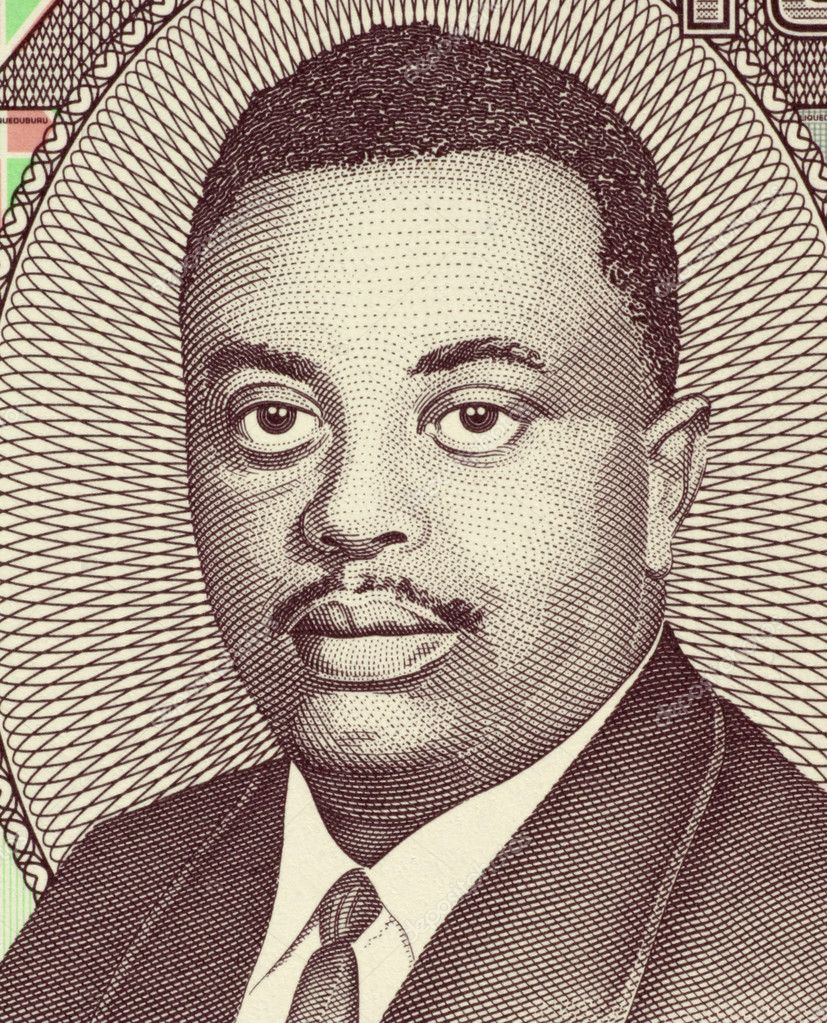Unity Day. February
5. About 22 years ago, then President
Pierre Buyoya declared this day as Unity Day, in an effort to stymie ethnic
hatred with the creation of a new constitution. Over 88% of the people voted
for this referendum. Even though some of the violence has diminished, there are
still tensions at times. The US still has issues when it comes to this. Maybe
we need a Unity Day, too.
Labor Day. May 1. This
is a public holiday where people have the day off in honor of workers. There are labor parades and discussions
regarding labor and strikes around this time.
Ascension. Varies.
For Christians, this is the day they believe that Jesus ascended into heaven.
There are special church services on this day that many attend. While it is
scheduled for 40 days after Easter (which falls on a Thursday), the Catholic
Church has recently moved some of the festivities to the following Sunday as
well.
Independence Day.
July 1. This day commemorates Burundi’s independence from Belgium in
1962. The flag is flown with pride on
this day full of festivities, dancing, bands, parades, drummers, street
performers and entertainers, music, and lots of food. Because of the country’s
violent past, this day is a means to bring people together in the hopes of a
peaceful future.
Assumption. August
15. Many Christians, particularly Catholics, believe that this is the day in
which Mary ascended into heaven. It’s considered a feast day in the church. At
this time, many people take a pilgrimage to the Shrine of Our Lady of Peace in
Mugera (in the southernmost part of the country, near the Tanzanian border and
Lake Tanganyika).
Rwagasore Day.
October 13. Named for Prince
Louis Rwagasore, one of the Burundi’s national heroes. He was the son of King
Mwambutsa IV and was really active in nationalist movements and promoted
complete independence for the country. The Belgians were responsible for
pitting the different ethnic groups against each other, and in an effort to
downplay these ethnic tensions, he married a Hutu woman. He ended up winning
80% of the vote for being named the first Prime Minister; however, he was
gunned down in a hotel restaurant about two weeks later.
Ndadaye Day. October
21. Named after Melchoir Ndadaye. He was the first democratically elected and
first Hutu president of Burundi. Ndadaye won the 1993 election by having about
66% of the vote. Unfortunately, he was assassinated only after three months in
office in a failed coup. Some have nicknamed him the “100 Day President.”
Ndadaye’s assassination was the spark that led to a decade-long civil war.
All Saint’s Day.
November 1. This is the Catholic holiday celebrating all the saints,
especially those saints who don’t have their own special day already.
Republic Day.
November 28. While Burundi declared
independence in 1962, the nation didn’t actually become a republic until
November 28, 1966. On this day, the
First Republic of Burundi was established and lasted for ten years.
Christmas. December
25. For most Burundian Christians, the bulk of Christmas celebrations starts on
Christmas Eve and lasts through Christmas Day. The day is spent in the midst of
family and friends, enjoying good food and drink. Many also attend special church services as
well which includes a lot of singing and dancing and can be quite long.
Up next: art and literature.





No comments:
Post a Comment